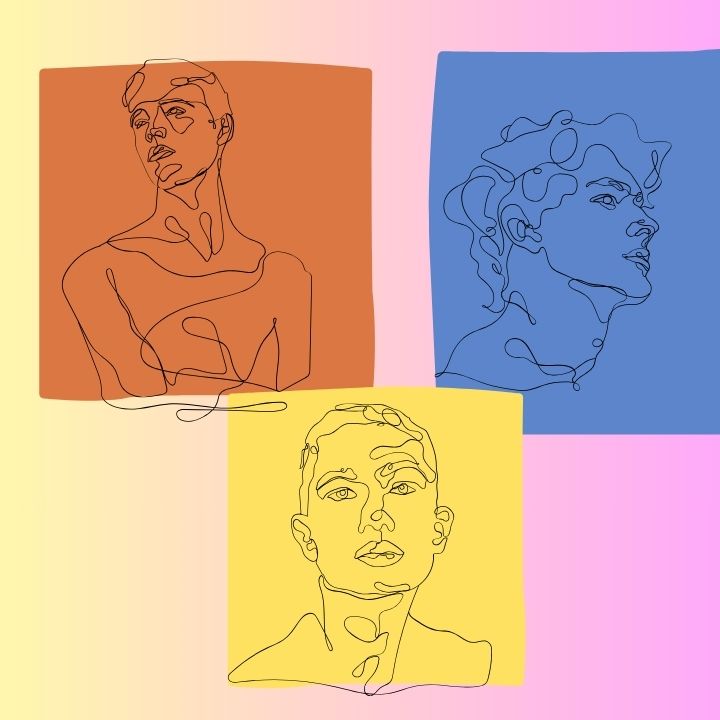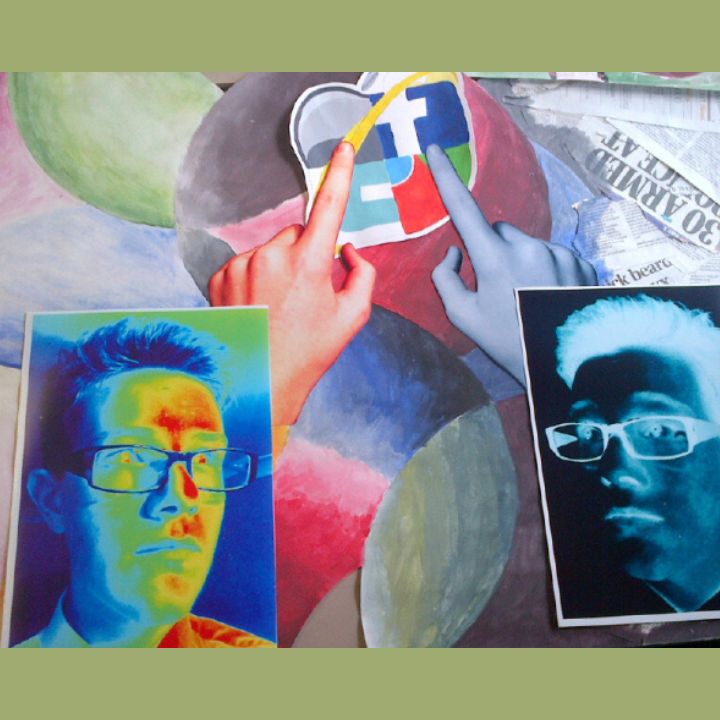Art has always been a source of inspiration, not only for its aesthetic value but for the profound life lessons it imparts. Whether you’re an artist or an observer, the world of art offers essential insights that extend far beyond the canvas. In this article, we’ll explore some valuable lessons from the art that can inspire personal growth and a deeper understanding of life.
Table Of Contents
- Embrace Imperfection: Perfection is Overrated
- The Importance of Patience and Persistence
- Find Beauty in the Everyday
- Overcome Fear of Failure
- The Power of Self-Expression
- Creativity Knows No Boundaries
- The Significance of Perspective
- Art Teaches Us to Appreciate the Process, Not Just the Outcome
- Art Encourages Collaboration and Dialogue
Embrace Imperfection: Perfection is Overrated
One of the most profound lessons from the art is the importance of embracing imperfection. In art, nothing is ever truly “perfect.” Even the most meticulously crafted works have flaws that make them unique. The concept of perfection can often be paralyzing, but art teaches us that it is in the imperfections where beauty lies. A painter may make a stray brushstroke, a sculptor may unintentionally create an asymmetry that adds character, and a photographer may capture a fleeting moment that’s imperfect yet utterly captivating.
These moments remind us that life, too, is not meant to be perfect. When we let go of the need for flawlessness, we free ourselves to create, learn, and grow. Just like art, our lives are shaped by our mistakes, and it’s these imperfections that make us unique.
Read more: Art the Clown
The Importance of Patience and Persistence
Creating art is rarely a quick process. Whether it’s a painting, sculpture, or piece of music, it requires time, patience, and persistence. In many ways, these same lessons from the art can be applied to all aspects of life. Success doesn’t come overnight, and the journey toward your goals is often filled with setbacks, revisions, and restarts.
Art teaches us that progress is a gradual process. Even the most celebrated masterpieces were created through hours, days, or even years of work. Just as artists must practice patience when their canvas is blank, we too must have patience with ourselves as we strive toward our goals. Persistence is the bridge that turns talent into achievement.
Find Beauty in the Everyday
One of the most enriching lessons from the art is learning to see beauty in the mundane. Artists often find inspiration in the most unlikely places: a rusted door, a rainy street, or a quiet moment of reflection. Through their eyes, we begin to realize that beauty isn’t just in grand vistas or stunning landscapes—it’s present in the details of everyday life.
This lesson invites us to slow down and appreciate the world around us. Take a moment to admire the play of light on a wall, the patterns in a leaf, or the colors in a sunset. When we train ourselves to find beauty in the ordinary, we deepen our connection to the world and foster a sense of gratitude that can be profoundly life-affirming.
Overcome Fear of Failure
For many, fear of failure is a significant barrier to creativity. Yet, one of the most valuable lessons from the art is that failure is not something to be feared—it’s something to be embraced. In fact, many of history’s most renowned artists experienced countless failures before achieving success. Picasso, Van Gogh, and even Michelangelo faced rejection and criticism.
Instead, they used their failures as stepping stones, learning from each experience and evolving their craft. Art shows us that failure is a natural part of the creative process. Failures are opportunities for growth, and every mistake brings us closer to finding our authentic voice.

The Power of Self-Expression
Art is fundamentally about self-expression. Whether it’s through paint, music, dance, or writing, artists use their work to communicate emotions, ideas, and experiences. One of the most significant lessons from the art is understanding the importance of self-expression in our own lives. Expressing ourselves authentically helps us process our emotions, discover our inner truths, and connect with others on a deeper level.
In a world where we are often pressured to conform, art reminds us of the value of individuality. It encourages us to share our unique perspectives and voice our thoughts, feelings, and desires. By embracing the power of self-expression, we not only enrich our own lives but inspire others to do the same.
Creativity Knows No Boundaries
Creativity is not confined to the realm of artists alone; it’s a universal force that exists in everyone. Lessons from the art show us that creativity knows no boundaries. It doesn’t matter your profession or background—creativity can flourish anywhere. Whether you’re solving problems at work, coming up with new ideas in your personal life, or even cooking dinner, creativity is a tool that can transform the ordinary into something extraordinary.
Artists often push the limits of their mediums, experimenting with unconventional techniques and breaking traditional rules. Similarly, in life, we should not be afraid to think outside the box. Art encourages us to explore, experiment, and embrace the unknown. It’s through this creative freedom that we often make the most significant discoveries about ourselves and the world around us.
The Significance of Perspective
One of the most powerful lessons from the art is the importance of perspective. Artists constantly shift and manipulate their viewpoints to create depth, emotion, and meaning. In life, we can apply this lesson by recognizing that our perspective often shapes our reality.
When we change the way we view a situation, it can dramatically alter our response and outcomes. For example, looking at a challenging situation as an opportunity for growth rather than a setback can change how we approach it. Similarly, seeing the world through another person’s eyes can foster empathy and understanding. Perspective is a tool that helps us navigate life with clarity and compassion.
Art Teaches Us to Appreciate the Process, Not Just the Outcome
In our fast-paced, outcome-oriented world, it’s easy to focus solely on results. However, lessons from the art show us the value of the journey itself. Creating art is a process of discovery, and each step along the way has its own intrinsic value. The joy of painting doesn’t come solely from the final masterpiece but from the act of creating it—experimenting, failing, refining, and eventually learning something new.
Life, too, is about enjoying the process. Whether it’s learning a new skill, building relationships, or pursuing personal growth, the experiences along the way are what shape us. By focusing on the process, we can find fulfillment in every moment, rather than waiting for some future achievement to define our happiness.
Art Encourages Collaboration and Dialogue
Art is rarely created in isolation. It thrives in environments of collaboration and dialogue. Lessons from the art show us that working with others, sharing ideas, and engaging in constructive criticism is an essential part of creativity. Many of the greatest artistic movements in history were born from the exchange of ideas between artists, critics, and the public.
This lesson is particularly relevant in today’s interconnected world. Whether in the workplace, in personal relationships, or within our communities, collaboration allows us to combine our strengths, generate new ideas, and foster mutual understanding. Art teaches us that we are all part of a larger conversation, and by participating in that dialogue, we enrich not only our own lives but the world around us.
Final Thoughts Of The Timeless Lessons from the Art
The lessons from the art are timeless and universal. Whether you’re an artist or someone simply appreciating the beauty of creation, these lessons can serve as a guide for living a more fulfilling and meaningful life. By embracing imperfection, practicing patience, and overcoming the fear of failure, we can cultivate creativity in all areas of our lives. Art teaches us to find beauty in the ordinary, to express ourselves authentically, and to appreciate the journey rather than the destination.


















